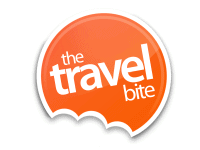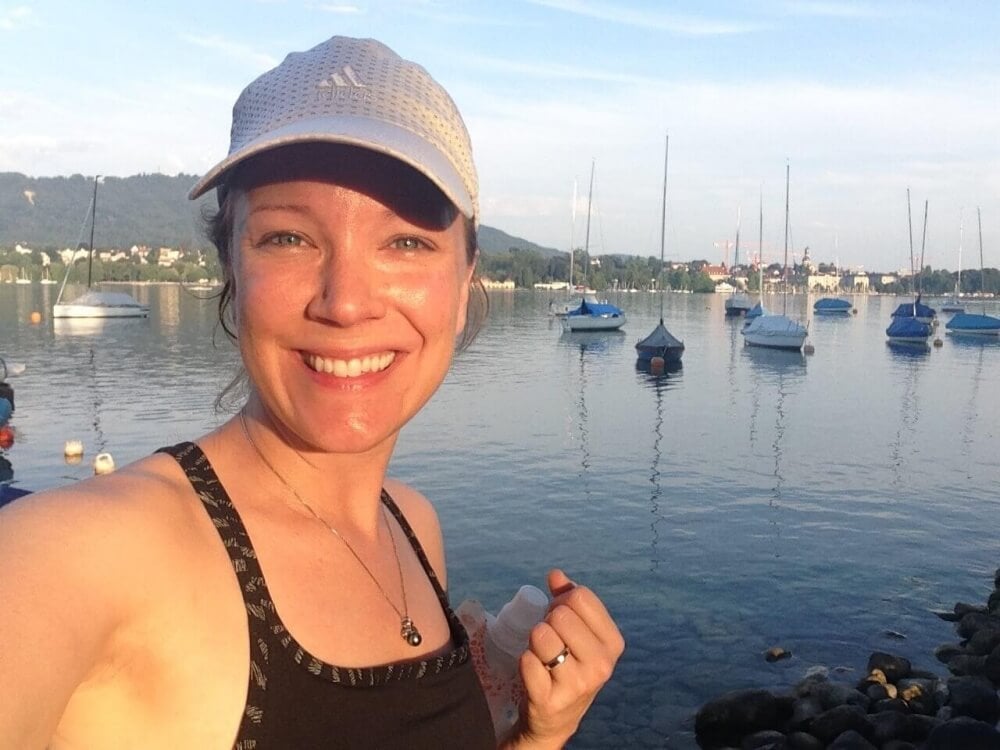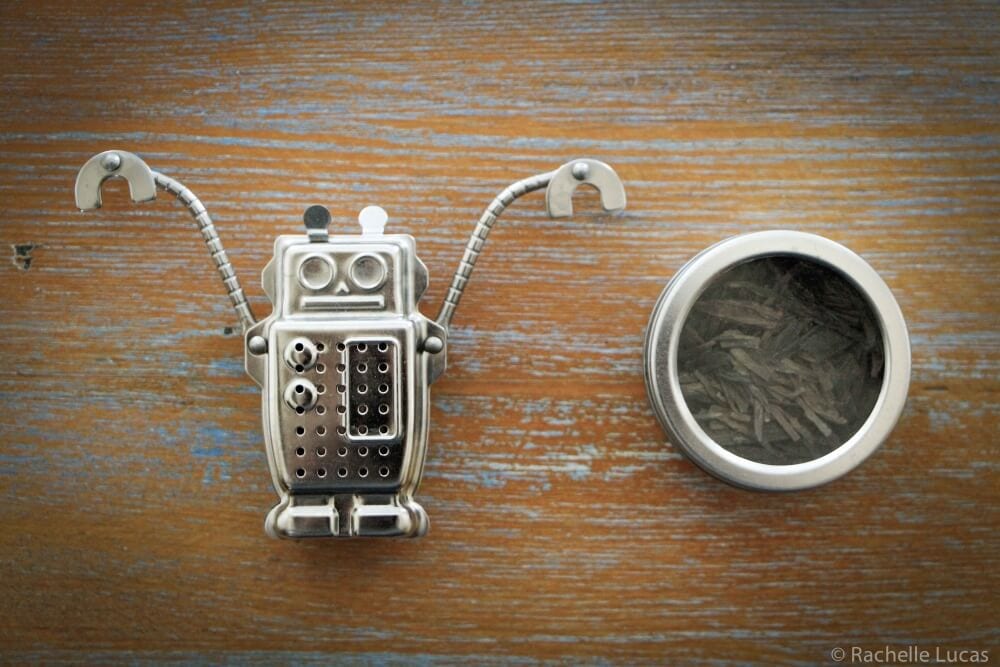If you’ve ever flown to a drastically different time zone, chances are you’ve experienced jet lag. You know the feeling. There’s places to see and things to do, but your body just wants you to curl up in a fetal position for 8 hours straight. Sleep is more precious than anything. And for business travelers on-the-go on a weekly basis, exhaustion and jet lag may feel chronic.
I hop time zones at least once a month, and typically don’t have the luxury of a leisurely day when I land. Over the years, I’ve picked up a few tricks for beating jet lag that I’d love to share with you. Here’s a list of my jet lag beating travel routine.
1 – Sleep On The Plane
Yes, I know this is easier said than done, unless you’re lying flat in first class. For overnight flights across the Atlantic, getting a little shut eye on the plane can be the best thing you can do to adjust to the next time zone. If your flight is 10 hours or more, this shouldn’t be a problem. Just stay awake as long as you can until you’re utterly exhausted, and then shoot for at least 5 hours of sleep on the flight.
If your flight is less than 10 hours (typically a flight to Europe is around 7 or 8 hours), sleeping on the plane can get tricky. Start out by eating a healthy fulfilling meal before your flight, something a little on the heavier side that will help you snooze. Then, once you’ve found your seat, kick off your shoes, grab a blanket, slip on an eyemask and earplugs and try to sleep through the entire flight. This means skipping meal service (you won’t be missing much).
I know it’s hard to sleep on a plane, so if you have trouble sleeping, don’t beat yourself up. Just make it a goal to just get in as many short naps as possible.
2 – Hydrate
Don’t just hydrate, over-hydrate. Drink so much water that you’re having to get up to pee so often that it annoys you. I’ll start hydrating up 6 hours before I know I’m headed out on a flight and will also sip a vitamin-packed green smoothie that I make at home. I also bring my own water bottle to fill up at a water fountain after I get through airport security and I use throughout my entire trip. If I’m awake on the flight and need some help falling asleep, I’ll ask the flight attendant for a plain cup of hot water and make my own chamomile tea (yes, I pack my own tea bags. Typically airlines only serve black tea).
3 – Vitamin B
This is my one little trick that I swear by. I take a Vitamin B complex in the afternoons, typically when that sleepy energy slump kicks in around 3:00 or 4:00 p.m. It keeps me alert through the afternoon without having to drink coffee. Plus, there’s just something about Vitamin B that helps me fall asleep like a baby. I’m talking deep REM, night-full-of-dreams kinda sleep. If you want to give it a try, take a vitamin b complex supplement in the afternoon once you arrive in your destination. It should give you the energy boost you need to make it through the rest of the day without caffeine. Then at night, you should have the most blissful deep sleep ever. Now, I’m no doctor, but this is what really works for me. Live Strong posted a little explanation of why certain vitamins help you sleep.
4 – Exercise
I know. When you’re tired and jet lagged this is the last thing you want to do. But going for a run or brisk walk around a new city is one way in which I get a burst of energy for the day, while also making sure I’m tuckered out at night so that I fall right asleep at an appropriate time. There’s been plenty of research done showing that exercise helps you sleep better. The good news is, you don’t need to do a lot, just 15 to 20 minutes minimum. Leave your camera and your phone behind, go for a walk around a new city and take in big juicy breaths of fresh air.
5 – No Coffee After 4:00 p.m.
This one is a tough for me because I love coffee and could drink it all day long. I notice when I have it late in the afternoon, though, I end up being wide awake by the time I want to go to bed. This is why I take a vitamin b complex in the afternoon (see above). I’ll also typically switch from coffee to herbal tea for an after dinner wind down.
[tweet_box design=”default”]10 Useful Tricks For Beating Jetlag via @TravelBlggr[/tweet_box]
6 – No Naps
As tempting as it may be to fall face first into your fluffy hotel pillows and enjoy an afternoon nap — don’t. This is the worst thing you can do for jet lag and will keep you on your old time zone rather than the new one. See number 4 above and go for a quick walk instead to get acquainted with your new surroundings. Keep yourself busy and active, because if you sit down for a rest, you’ll be tempted to doze off into a nap.
7 – Stay Awake Until Your Current Time Zone’s Earliest Bedtime
If you don’t have coffee in the afternoon, and you don’t take a nap, and you get a little exercise in, then when 9 o’clock rolls around, you should be ready for a full night of sleep. Jet lag has a funny way of waking you up at 3 in the morning, so stay awake as long as you can to ensure that you’ll sleep through the night and try to get at least 7 to 8 hours of sleep on your first night in a new destination. I’ll typically try and stay awake until 10:00 or 11:00.
8 – No Screen Time Before Bed
This is another rule that can be tough to follow since I typically like to Skype or Facetime with my husband and friends back home. But studies have shown that the light from our phone and our computers can keep us awake at night. Make it a habit to turn off all electronics at least an hour before bedtime so that you can guide your brain into sleep mode.
9 – Have A Bedtime Routine
For me, a cup of herbal tea and a good book are signs that it’s time for bed. Sometimes I might do a bit of gentle yoga and stretching too. Reading a book helps me fall asleep and the tea is comforting. If I’m gone for an extended period of time, I even pack a little “tea buddy” loose leaf tea robot that I look forward to at night. When your location is constantly changing, having something consistent habit, like making a cup of tea before bed, helps your body keep a routine no matter what time zone you’re in.
10 – Keep Your Curtains Open
Once you’re ready for bed and the lights are out, open your hotel room’s window curtain. Usually there made to block out the sun, which is a sure way to sleep through your alarm in the morning (been there, done that.) If you open the curtains, the light from the morning sun will help you wake up.
Do you travel frequently? What are your tricks for getting enough sleep while traveling?





Exercising is a great way to get your blood pumping and stop you from dwelling on tiredness. I never thought about B vitamins, but now that I’m taking B-2, I see how helpful it can be. It’s a good start up without keeping you awake too long like coffee would.
These are great tips. When I fly internationally, I try to do all of these. Sometimes, sleeping on the plane is difficult, especially if you’re a nervous flyer, but at some point exhaustion takes over. When we arrive in a new destination, we typically drop our bags off in the room and head out for the rest of the day/evening to ensure inadvertent napping doesn’t take place! By the time we arrive back at the hotel (at out normal state-side bedtime, about 9-10:00), we have no problem sleeping (mostly) through the night. Given we are both early risers, we still do find ourselves up around 5 AM, but that’s only an hour later than our normal time 🙂
My boyfriend’s sister just recently flew to Korea from the Philipines. I’ll be sharing this with her to help her beat the jet lag. Thanks for sharing this.